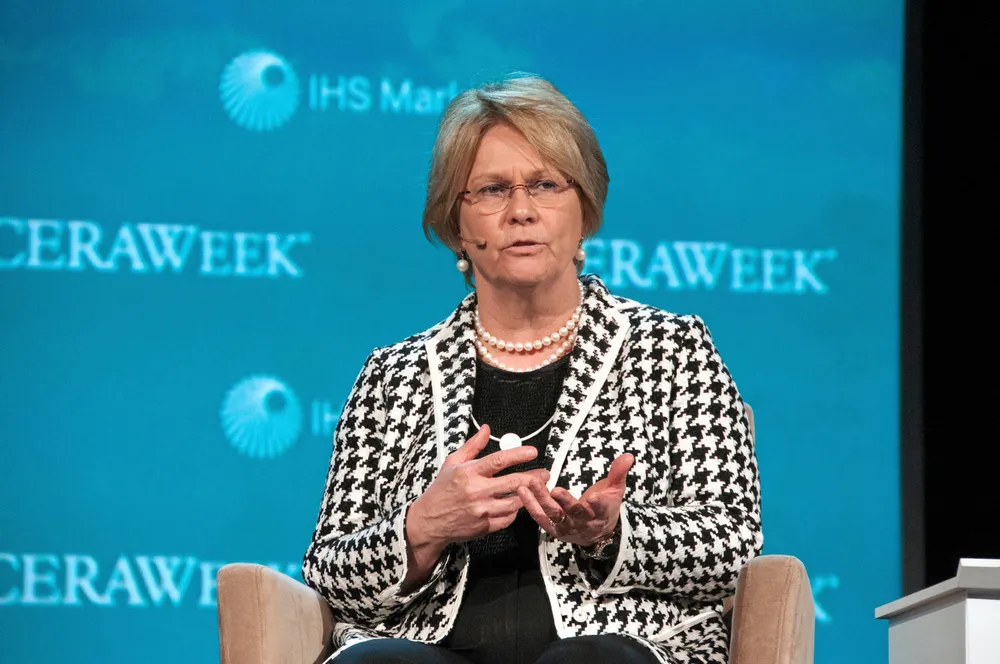Occidental CEO pushes for 'carbon management, not carbon tax'
Occidental's chief executive Vicki Hollub urged producers to take emissions reduction seriously to avoid a federal crackdown

Occidental's chief executive Vicki Hollub urged producers to take emissions reduction seriously to avoid a federal crackdown
